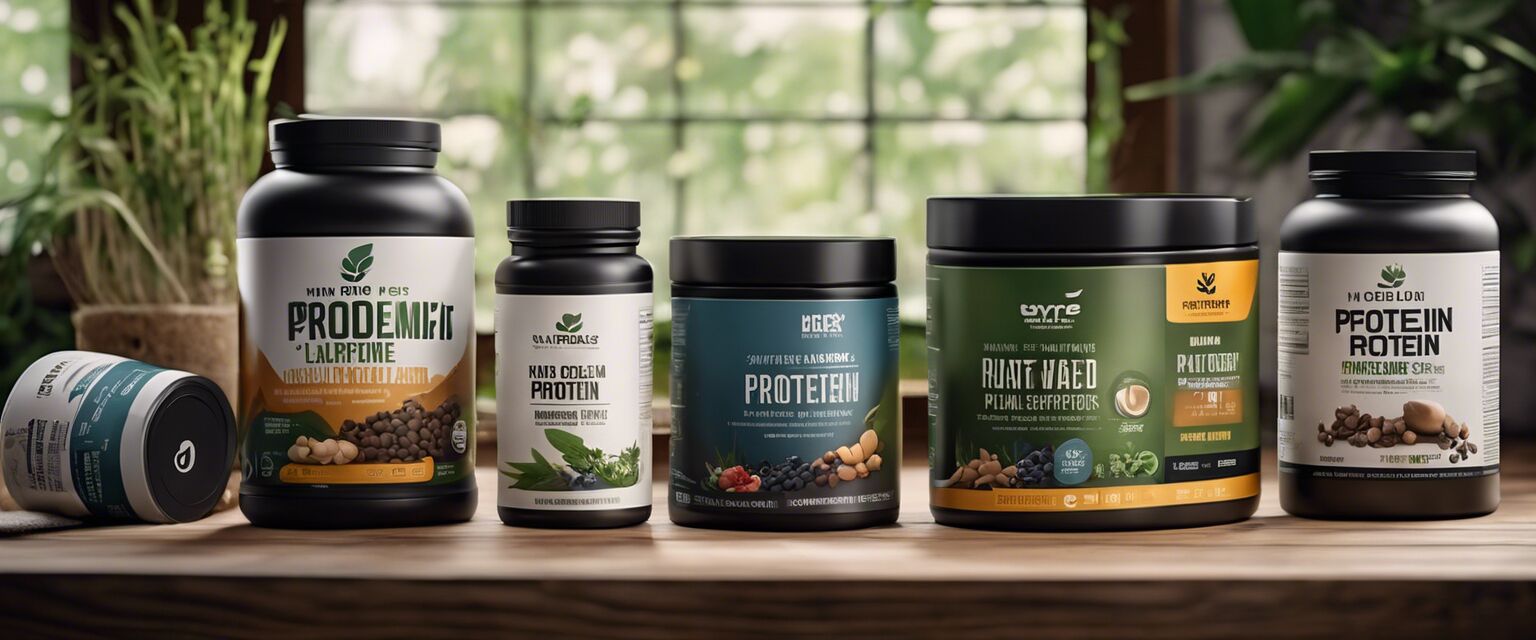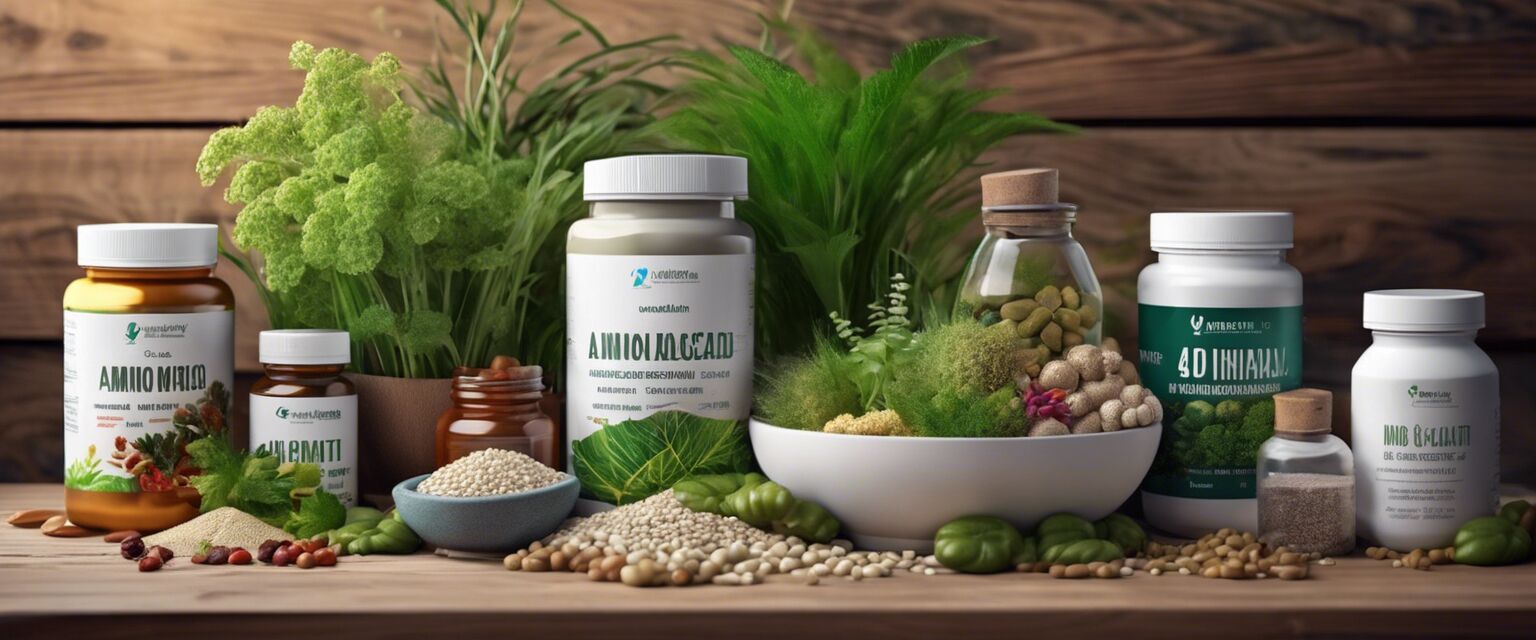
Plant-Based Vitamins & Minerals
Key Takeaways
- Plant-based vitamins and minerals are derived from natural sources.
- They can support overall health without synthetic additives.
- Understanding the specific benefits of each vitamin and mineral is crucial.
- Choosing high-quality supplements can enhance their effectiveness.
- Consulting with a healthcare provider is advised before starting any new supplement regimen.
In today's health-conscious world, many individuals are turning to plant-based vitamins and minerals to boost their overall well-being. These supplements are derived from natural sources and are often preferred for their purity and effectiveness. In this article, we will explore essential plant-based vitamins and minerals, their benefits, and how to incorporate them into your lifestyle.
Understanding vitamins and minerals
Vitamins and minerals are crucial nutrients that our bodies need to function properly. They play a role in various bodily processes, from immune function to energy production. Plant-based sources of these nutrients can provide an alternative to synthetic supplements.
Types of vitamins
| Vitamin | Sources | Benefits |
|---|---|---|
| Vitamin A | Carrots, sweet potatoes, spinach | Supports vision and immune function |
| Vitamin C | Citrus fruits, strawberries, bell peppers | Antioxidant, supports skin health |
| Vitamin D | Mushrooms, fortified plant milks | Essential for bone health |
| Vitamin E | Nuts, seeds, spinach | Antioxidant, supports skin health |
| Vitamin K | Kale, broccoli, Brussels sprouts | Important for blood clotting |
Types of minerals
| Mineral | Sources | Benefits |
|---|---|---|
| Calcium | Leafy greens, almonds, tofu | Supports bone strength |
| Iron | Lentils, chickpeas, quinoa | Essential for blood production |
| Magnesium | Nuts, seeds, whole grains | Aids in muscle function |
| Potassium | Bananas, avocados, sweet potatoes | Regulates blood pressure |
| Zinc | Legumes, seeds, nuts | Supports immune function |
Choosing the right plant-based supplements
When selecting plant-based vitamins and minerals, it's essential to consider a few key factors:
- Quality: Look for supplements that are certified organic and free from artificial additives.
- Bioavailability: Choose products that your body can easily absorb.
- Form: Consider whether you prefer capsules, powders, or gummies.
- Dosage: Follow the recommended dosage on the label or consult with a healthcare provider.
Benefits of plant-based vitamins and minerals
Plant-based vitamins and minerals provide numerous benefits, including:
- Natural source of nutrients without synthetic additives.
- Rich in antioxidants that help combat oxidative stress.
- Support overall health and wellness.
How to incorporate plant-based vitamins and minerals into your diet
Incorporating these nutrients into your daily routine can be easy and enjoyable. Here are some tips:
- Add a variety of fruits and vegetables to your meals.
- Consider smoothies as a way to blend multiple nutrient sources.
- Use fortified plant-based dairy alternatives.
- Snack on nuts and seeds for a boost of minerals.
Conclusion
Plant-based vitamins and minerals are a fantastic way to enhance your health naturally. By understanding the sources and benefits of these nutrients, you can make informed choices that support your well-being. Remember to consult with a healthcare provider for personalized advice.
Pros
- Natural and pure sources of nutrients.
- Supports overall health and wellness.
- Generally well-tolerated with fewer side effects.
- Variety of options available to suit different needs.
Cons
- May be less potent than synthetic counterparts.
- Quality can vary between brands.
- Some individuals may require higher doses.
Tips for beginners
- Start with one supplement at a time to gauge its effects.
- Keep a food diary to track your nutrient intake.
- Stay hydrated and maintain a balanced diet.







